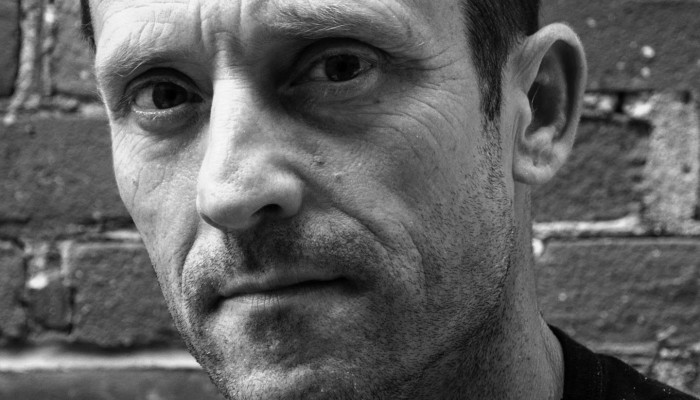Q&A: The Flood Thereafter
Ker Wells on directing Canadian Stage production of Sarah Berthiaume's mythic fable
After helming Canadian Stage's popular production of Macbeth as part of Shakespeare in High Park (summer 2013), director Ker Wells is set to kick off the company's 2013/2014 season with a new production of Québécois playwright Sarah Berthiaume's award-winning play The Flood Thereafter at the Berkeley Street Theatre. Set in a strip bar in a small fishing community in the Lower Saint Lawrence region of Quebec, the piece is a modern reimagining of the story of Odysseus and his encounter with the sirens featuring Oliver Becker, Maggie Huculak, Courtney Ch’ng Lancaster, Kevin MacDonald, W. Joseph Matheson and Patricia Marceau.
Here, Wells gives us a behind-the-scenes peek at the enchanting world of Berthiuame's creation.
Theatromania: Tell us about Sarah Berthiaume's The Flood Thereafter. What attracts you to this play?
KW: The combination of mystery and deep familiarity. Some of the events of the play are fabulous and disturbing and strange, but there is an undercurrent of very human truth that runs beneath the play, and that combination really appeals to me.
Theatromania: How would you describe this production in a sentence or two?
KW: Strange but true. Wondrous sights and sounds. Singing mermaids and cussing truck drivers, cussing mermaids and singing truck drivers.
Theatromania: What are some of the challenges you've experienced during rehearsals?
KW: Maintaining objectivity as I become bewitched by the siren song of this wonderful cast.
Theatromania: You are one of the inaugural graduates of York University's MFA Program in Theatre. Is there a particular lesson that you were mindful of when directing this piece?
KW: For someone moving from creating independent work in the non-mainstream theatre world to working in a big theatre like Canadian Stage, a primary challenge centres on the issue of time. In the larger theatres, while you have personnel and financial resources and a whole institutional support system that are simply not available when you’re self-producing or working on smaller indie productions, those resources are available for a very specific period of time and within a fixed schedule. That schedule reflects the particular resources and protocols of the theatre you’re in, and is also torqued by the rules of Equity (the actors, stage managers, directors’ union) and IATSE (the theatre technicians and stagehands’ union). In my own companies (I’ve been a founding member of two) if we wanted to work into the evening to finish something that was going well—or not going well at all—we could do that. In this system you must be maximally efficient with time, and spontaneous last minute inspirations are less readily accommodated.
So you must plan. Anticipate the big asks, the big demands that you’re going to make on your collaborators—the actors, the prop and set designers and builders. There is immense good will and enthusiasm and flexibility in this team, and I worked with many of them on Macbeth at Shakespeare in High Park this summer, so there’s a great bedrock of trust and respect and affection, but we still know we have a very defined window in which to build and launch this ship.
Theatromania: What do you hope audiences take away from this performance?
KW: A feeling of wondrous identification. A lump in the throat and a siren song in the heart.
The Flood Thereafter (now in previews) opens Thursday, September 26 and runs until October 6 at the Berkeley Street Theatre. Visit canadianstage.com for more information and to buy tickets.






Comments
Post new comment